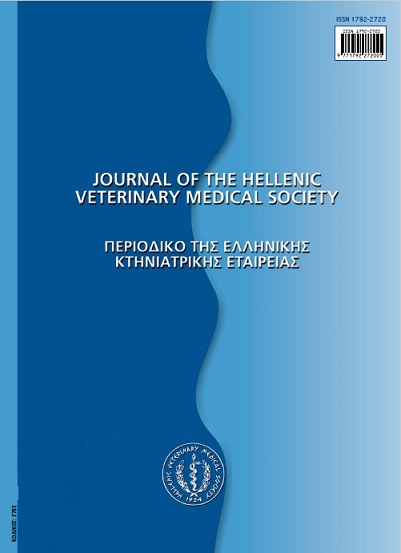In vitro comparison of hydrolysis of different starches along the digestive tract of teleosts important for aquaculture
Abstract
The in vitro hydrolysis of different starches (potato, rice, wheat, corn, sorghum), as well as an intermediate product of malting process (brewer's spent grain), by blue tilapia, Oreochromis aureus, gilthead sea bream, Sparus aurata and European sea bass, Dicentrarchus labrax, were compared (total carbohydrase assay, 37° C, pH 7.6,4 hours incubation). Obtained results (significandy higher hydrolysis levels obtained for potato, rice and sorghum starch) suggest that starch source and associated properties (starch granule size, amylose content) and modifications applied may have significant difference on its digestion by fish digestive carbohydrases. Furthermore, the importance of brewer's spent grain as a low-cost carbohydrate source and feed component, in relation to aglucosidase adaptive response to dietary carbohydrate, is also considered significant.
Article Details
- Come citare
-
PAPOUTSOGLOU (Ε.Σ. ΠΑΠΟΥΤΣΟΓΛΟΥ) E. S., & LYNDON, A. R. (2017). In vitro comparison of hydrolysis of different starches along the digestive tract of teleosts important for aquaculture. Journal of the Hellenic Veterinary Medical Society, 57(3), 205–211. https://doi.org/10.12681/jhvms.15040
- Fascicolo
- V. 57 N. 3 (2006)
- Sezione
- Research Articles
Authors who publish with this journal agree to the following terms:
· Authors retain copyright and grant the journal right of first publication with the work simultaneously licensed under a Creative Commons Attribution Non-Commercial License that allows others to share the work with an acknowledgement of the work's authorship and initial publication in this journal.
· Authors are able to enter into separate, additional contractual arrangements for the non-exclusive distribution of the journal's published version of the work (e.g. post it to an institutional repository or publish it in a book), with an acknowledgement of its initial publication in this journal.
· Authors are permitted and encouraged to post their work online (preferably in institutional repositories or on their website) prior to and during the submission process, as it can lead to productive exchanges, as well as earlier and greater citation of published work.



